In 1956, Eleanor Roosevelt announced a planned trip to Asheville to speak on the U.N.’s behalf. Her visit to Asheville, however, depended upon the city’s willingness to have an integrated audience.
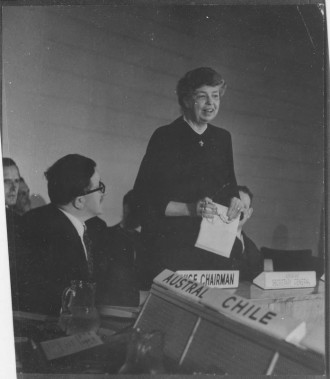

In 1956, Eleanor Roosevelt announced a planned trip to Asheville to speak on the U.N.’s behalf. Her visit to Asheville, however, depended upon the city’s willingness to have an integrated audience.
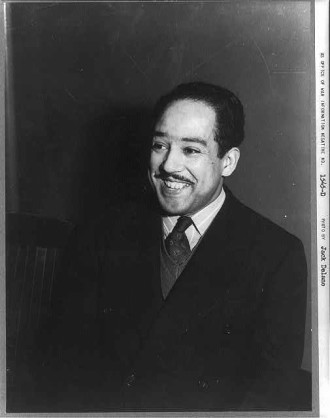
“I would like to ask you, the editor, what is the purpose of a newspaper? Is it not to report the news, to give its readers a full account of all important events, as soon as possible after they have taken place?” writes Anne Hunter Jenkins of Fletcher, N.C. in her 1949 letter to the editor.
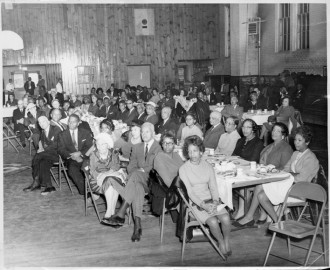
The Asheville YWCA’s African American division, the Phyllis Wheatley branch, began as an informal weekly meeting of women who worked to support and aid each other in finding employment opportunities. It officially opened in 1921.

We thought it would be interesting to see what Asheville residents were reading about on Independence Day, 100 years ago, today.
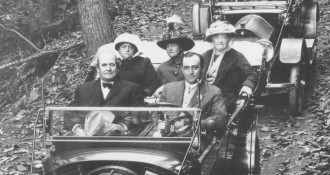
On Wednesday, June 28, Bruce Johnson will offer a talk titled “Family Feud: The Bitter Battle Between E.W. Grove and Fred Seely For the Grove Park Inn.” It will take place at the Lord Auditorium, on the lower level of Pack Memorial Library.
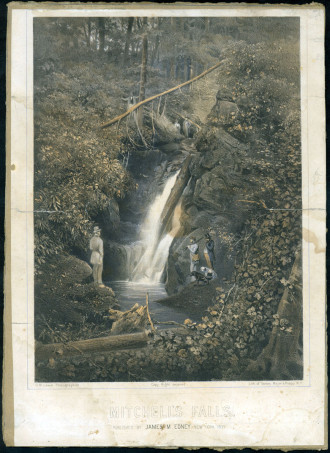
‘We, the petty actors, will pass away, forgotten; but never, while the everlasting mountains stand, the name of professor Mitchell.’ — The North Carolina Standard, 1857
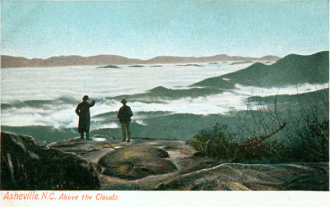
“No one can approach Asheville without being struck with the awful sublimity of those dark ranges that tower from two thousand to six thousand feet into mid heavens,” writes Dr. J.P. Purcell in 1869 article “Wayside queries and Information.”
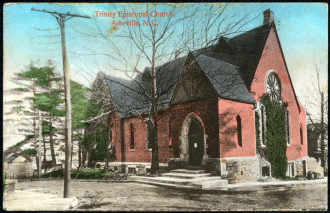
“The dew of Heaven is falling, and is fertilizing the land,” writes Dr. J.P. Purcell, in his 1869 report on Asheville.
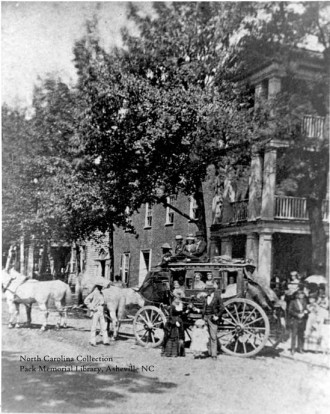
Take a look at Asheville’s people, population, climate, institutions, churches, wine making, factories, rent and faith in 1869.
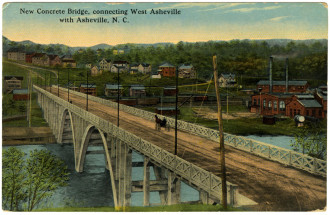
In May of 1917, the country was at war with Germany. Meanwhile in Asheville there were some great deals on clothing, sleeping porch shades and real estate.
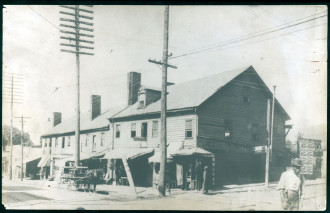
On Wednesday, April 26, Dr. Elizabeth “Liz” Colton will discuss her great-great uncle’s 1859 book, ‘Mountain Scenery: The Scenery of the Mountains of Western North Carolina and Northwestern South Carolina,’ at the Pack Memorial Library’s Lord Auditorium.

“Deeply as we deplore the loss of human life, there is that in our natures which makes the suffering and tortures of our poor helpless dumb servants and friends, the horses, particularly painful,” wrote Asheville resident, Theo F. Davidson, in a 1917 letter to the editor.
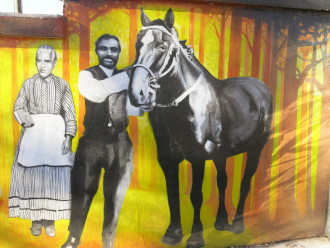
The Triangle Park Mural on South Market Street, completed in 2013, was created by Asheville Design Center, in collaboration with community organization Just Folks. Local artist, Molly Must was recruited as the project’s lead designer. The mural captures some of the history of the African American experience in Asheville. Among its many images is one of […]
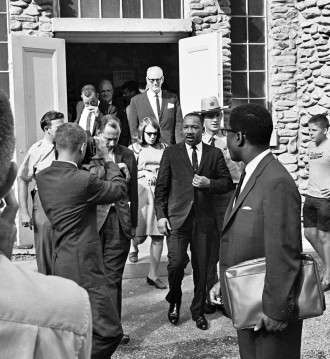
In the final portion of King’s 1965 Montreat speech, he spoke to the power of the maladjusted.
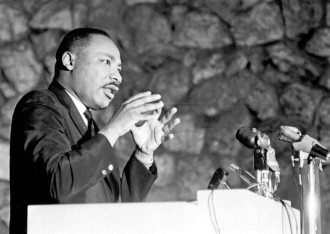
In honor of Martin Luther King Jr. Day, we bring you our regularly scheduled Tuesday History post, one day early. On Aug. 21, 1965, the Rev. Martin Luther King Jr. addressed an audience of nearly 3,000 people in Montreat Conference Center’s Anderson Auditorium. King, the keynote speaker for the Presbyterian Church’s annual Christian Action Conference, […]
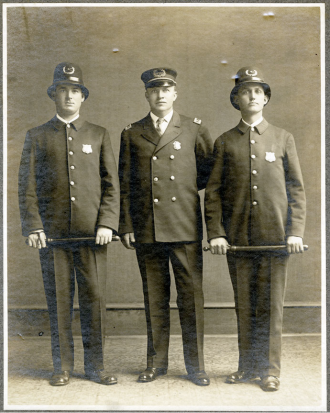
On March 27, 1972, former Asheville Chief of Police (1905-1907), Silas G. Bernard, sent a 10-page letter to local attorney John C. Cheeseborough recounting the events of the night of the Will Harris murders, and the subsequent manhunt. Bernard was 96 years old when he composed the letter. Below are excerpts from Bernard’s written recollection. For those interested […]
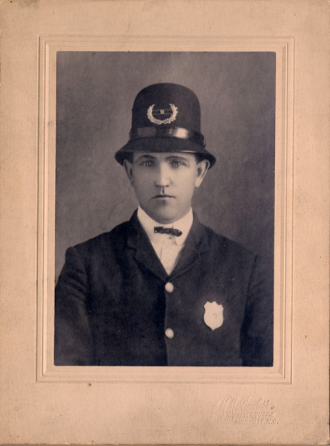
We continue this week our examination of the murder of Will Harris, as reported on Nov. 15, 1906 in The Asheville Gazette News. This post builds on our previous two posts depicting the events leading up to and ensuing from Harris’ actions. For last week’s post, click here. The material for this article was made available […]
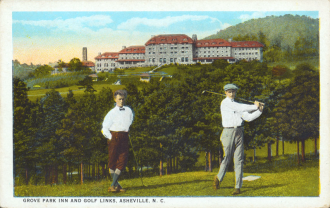
Instead of one being regarded as a freak if he played golf…he became a patriot.

In this week’s section of Edwin Bedford Jeffress’ 1950 Asheville Citizen article, Jeffress recalls his time as an Asheville newspaperman.
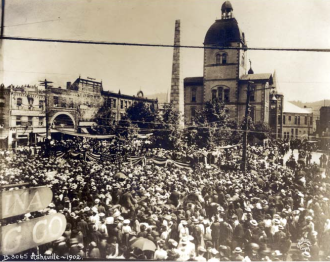
“I remember Asheville in the days when the Courthouse occupied the Square, centered about the Vance Monument,” writes Edwin Bedford Jeffress.
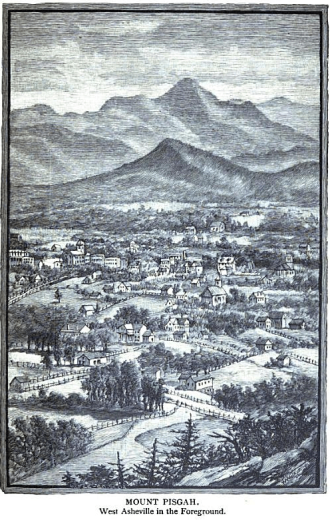
This week’s Tuesday History comes courtesy of Dr. David E. Whisnant. On his blog, Asheville Junction, the historian and Asheville native revisits West Asheville prior to the Civil War. He tells the little known story of Revolutionary War veteran Robert Henry, who in 1827 discovered a sulphur spring within the present-day boundary of Malvern Hills. By […]